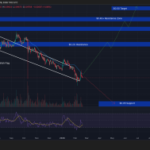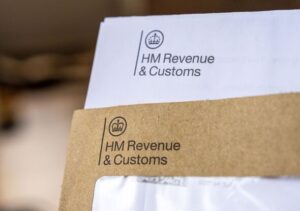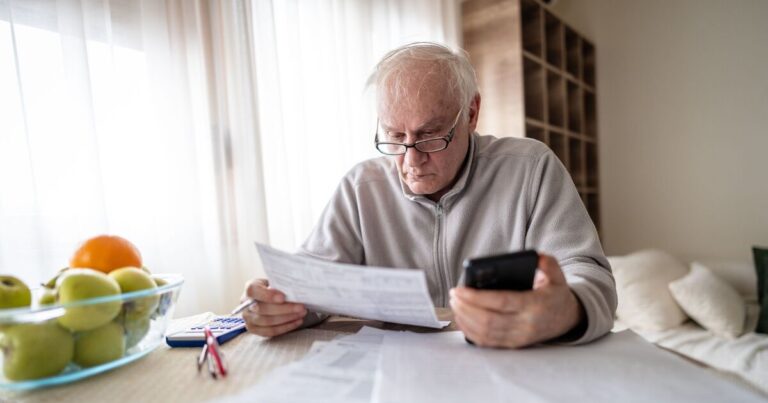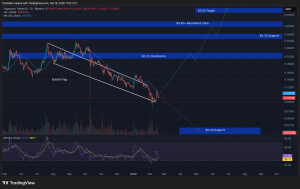
Around 700,000 Brits are set to receive a tax notice in the post this year for the first time since retiring. The Simple Assessment letter reportedly holds an average tax demand of £665.
The number getting the letters has jumped up from two years ago when 120,000 fewer people were contacted, according to findings by LCP Partners. Now LCP’s partner Steve Webb has warned it could deal a hammer blow to the finances of pensioners, The Sun reports.
The expert pointed out: “It could be the equivalent of about three weeks’ pension and a pensioner whose income is only just above the tax threshold may not have such a sum readily available.”
The letters are sent out as part of HMRC‘s “simple assessment” strategy to assess who owes what. Each notice should break down the precise calculations of any taxes due on income earned between April 2023 and April 2024.
Those on the receiving end have until January 2025 to pay, with options available to make payments in instalments. More information about the Simple Assessment can be found online.
It might come as a shock to some pensioners getting the letter, however. Many may not have changed their financial situation in the last few years.
Unfortunately, it’s all down to the dry-sounding issue of tax allowance thresholds that have been frozen by the government while the state pension continues to climb along with inflation – meaning more people are pulled into paying tax.
The legacy of former Prime Minister Rishi Sunak‘s tenure as Chancellor of the Exchequer continues to impact Brits. In 2021, he froze the personal allowance and higher-rate thresholds for income tax in an attempt to raise extra tax revenue without directly increasing taxes.
Initially intended to last for four years, his successor, Chancellor Jeremy Hunt, extended it by another two years. Unless intervened by the Labour government, this freeze will keep the basic allowance people can earn per year without incurring income tax at £12,570 until 2027.
Regrettably, the annual increase in state pension payments, guaranteed to Brits by the triple lock mechanism to match the rising cost of living, is now pushing thousands over this tax-free threshold. The full new state pension currently stands at £11,502 per year, and is expected to rise to £12,003.68 next April.
However, it’s not just the state pension that counts towards retirees’ income tax. Personal or workplace pensions, rental income, trust income, interest on savings, and even some state benefits are also included in their yearly total.

















